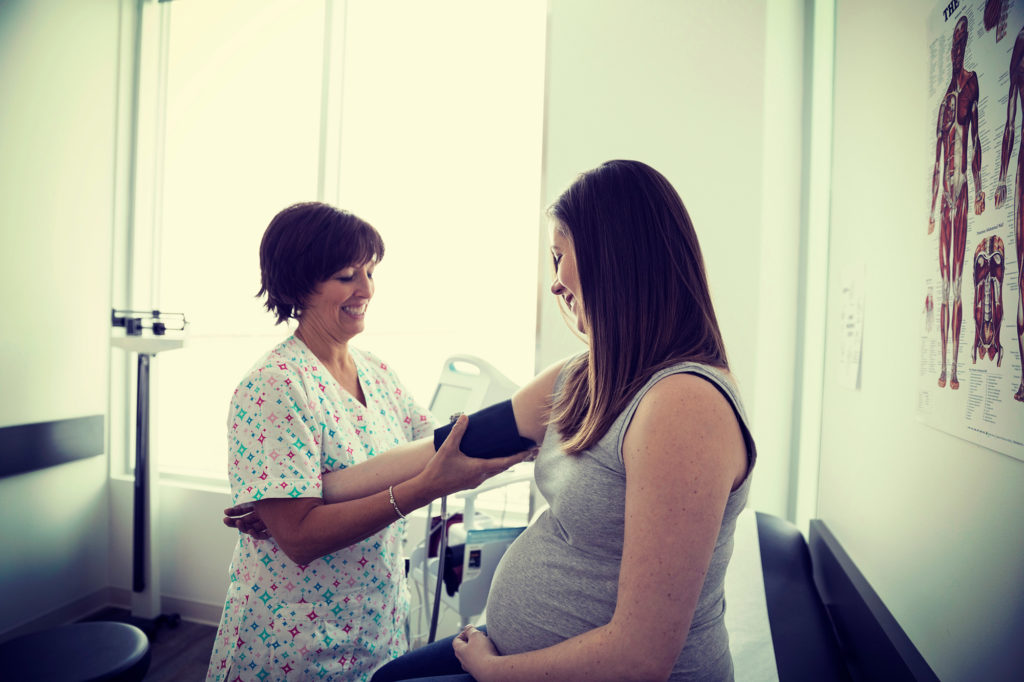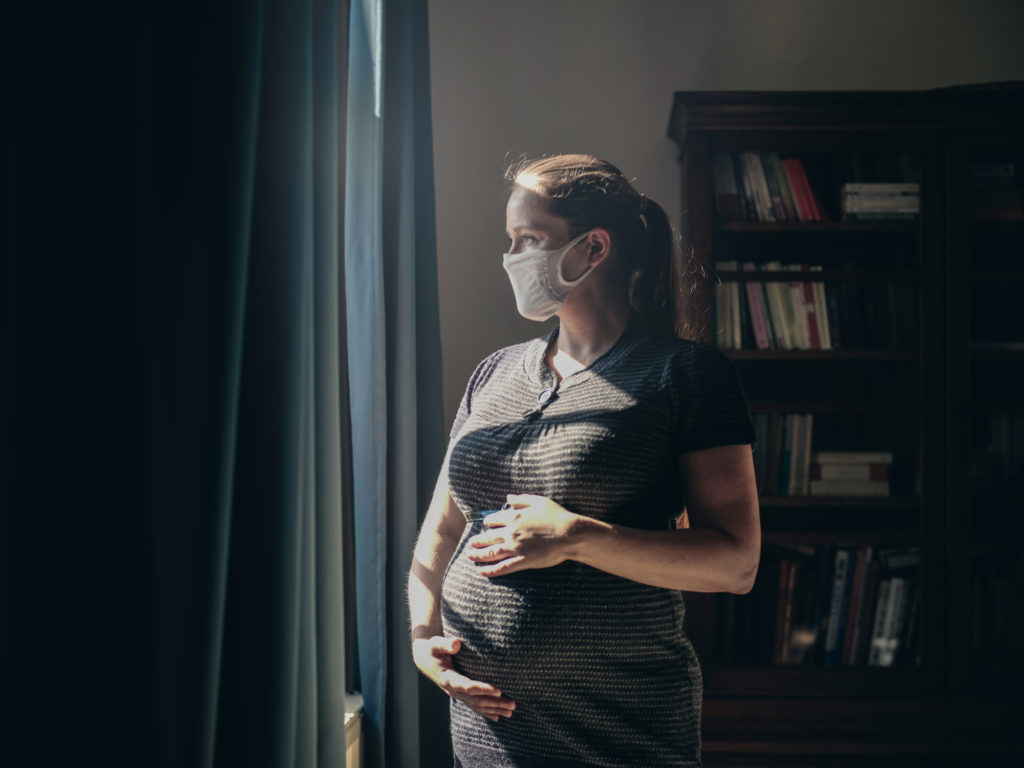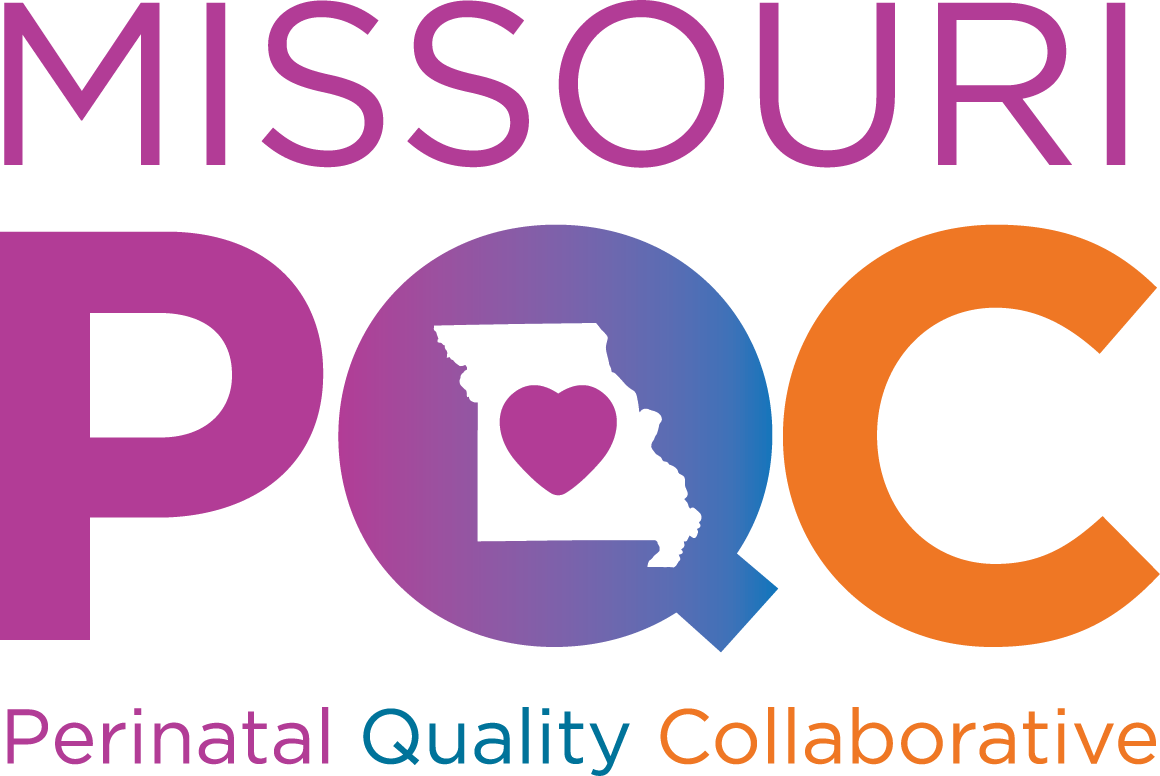Webinars
- Cuff Kit™ Connection Monthly Technical Assistance and Peer Learning Series
- Jan. 18, 2023 — PowerPoint | Recording
- Feb. 15, 2023 — PowerPoint | Recording
- March 15, 2023 — PowerPoint
- April 19, 2023 — PowerPoint | Recording
- May 17, 2023 — PowerPoint | Recording
- Maternal Cardiovascular Disease — PowerPoint | Recording (May 22, 2023)
- Utilization of Self-Monitored Blood Pressure Kits to Support Perinatal Hypertension Management — PowerPoint | Recording (April 24, 2023)
- The Cuff KitTM Project Logistics/Data Meeting — PowerPoint | Recording (Dec. 1, 2022)
- The Cuff Kit™ Project Informational Meeting — PowerPoint | Recording (Sept. 13, 2022)
Resources
- MHA CK Data Collection Spreadsheet (Revised January 2023)
- FAQs (Revised February 2023)
- Self-Measured Blood Pressure CPT Coding















